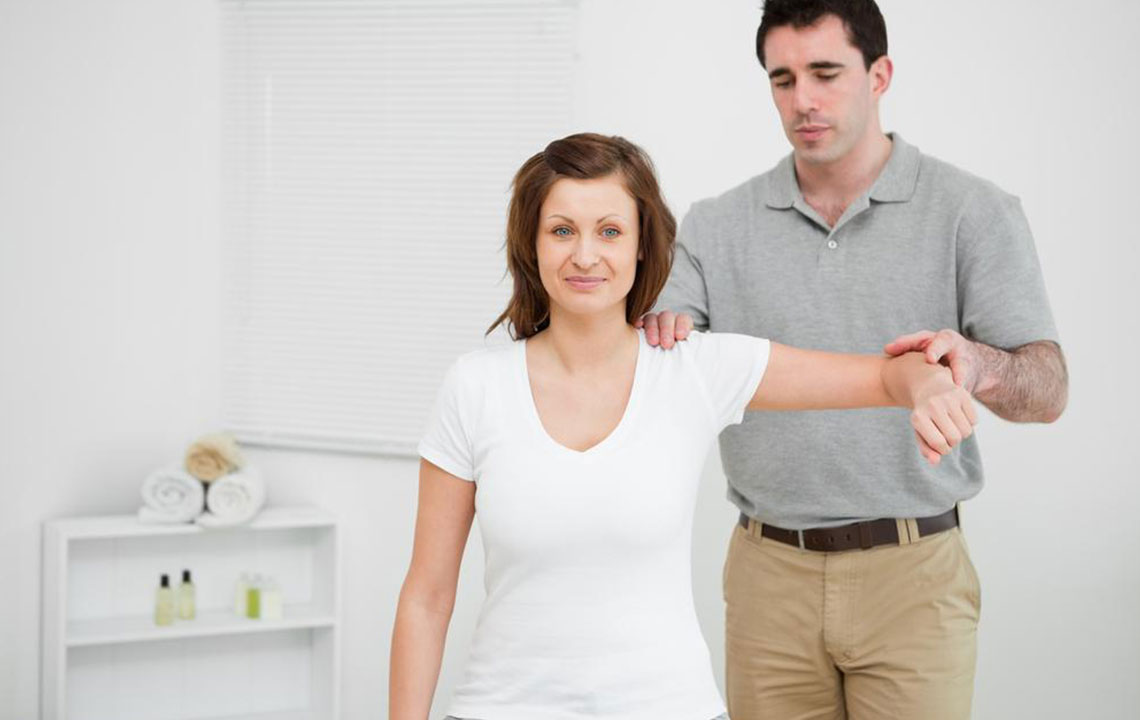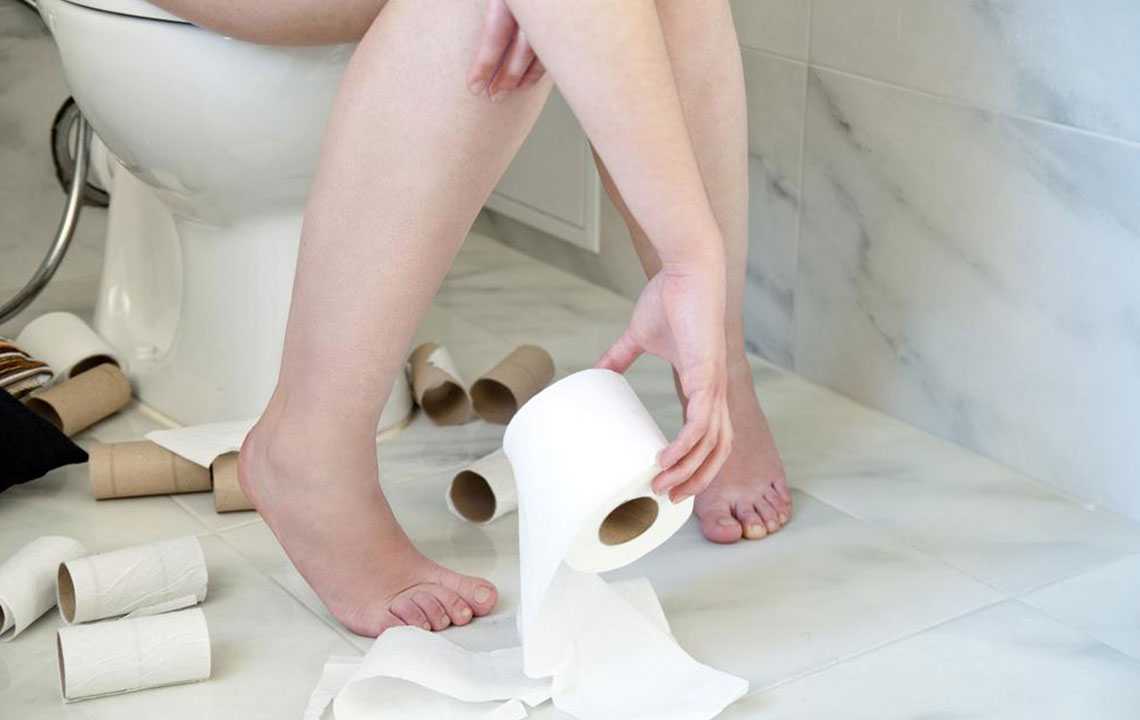Home Remedies and Medical Solutions for Hemorrhoid Relief
This article offers practical home remedies and medical treatments for hemorrhoid relief. It covers lifestyle changes, non-invasive options, and when to seek professional care to manage symptoms effectively. Maintaining a high-fiber diet, staying hydrated, and proper hygiene are key to preventing flare-ups and recurrence, ensuring comfort and health. Learn tips like sitz baths, cold packs, and dietary advice to alleviate pain and swelling naturally, with guidance on when medical intervention is necessary.

Practical Home Tips and Medical Treatments for Hemorrhoid Relief
Dealing with hemorrhoids can cause significant discomfort, leading many to seek effective home remedies. Hemorrhoids, or piles, are swollen veins in the rectal area, classified as internal, which are inside the rectum and usually painless unless bleeding occurs, and external, located under the skin around the anus, often painful and prone to bleeding. External hemorrhoids may enlarge and protrude outside, known as prolapsed hemorrhoids.
While surgical options exist, most treatments involve gentle, non-invasive methods like topical ointments. These creams help alleviate itching and pain but should not be used longer than a week without consulting a healthcare provider to prevent skin irritation.
Additional at-home remedies include:
Sitz baths: Sitting in warm water for 15-20 minutes multiple times daily can help reduce swelling and relax anal muscles.
Lubrication: Using petroleum jelly inside the anus makes stool passage easier, especially during constipation.
Cold packs: Applying a cold compress can numb the area and decrease inflammation; avoid direct contact with skin and limit to 15-minute intervals.
High-fiber diet: Eating fruits, vegetables, and whole grains softens stools, preventing constipation and flare-ups. Fiber supplements may also be recommended by doctors.
When home remedies aren’t enough, medical procedures like sclerotherapy, rubber band ligation, cauterization, or surgery might be necessary, particularly for larger or persistent hemorrhoids.Prevent recurrence by maintaining a fiber-rich diet, staying well-hydrated, and establishing regular bowel habits. Avoid straining and consider squatting to ease stool passage. Always seek medical advice if symptoms worsen or persist.


